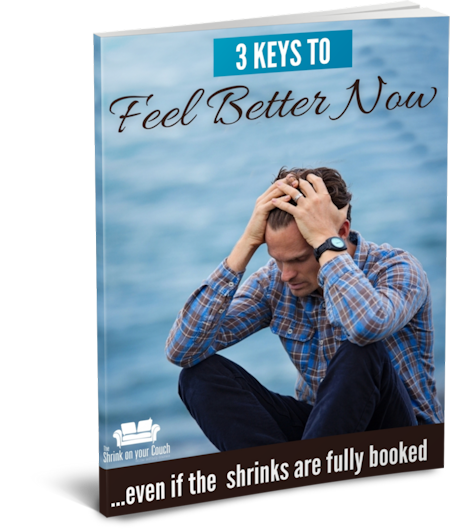Some thoughts about threat, loss and recovery.
Isn’t it such a quirk of human nature that the threat of losing something dramatically increases its value? And that we cannot buy experience? That we don’t heed collective wisdom that we’re exposed to from childhood? But that oftentimes we need a lived experience of hurt, harm and lack to level up in our own lives...?
Let me explain:
In the last year, I have eaten more vegetables than I had in my entire 40+ years prior, probably collectively!
Because, after a life-threatening (abdominal) medical emergency, it was suggested that I should never again touch a salad, or an intentional fragment of fiber. That a suitable diet after what I had endured would essentially be white bread, cake, and sweets. I kid you not.
Thankfully this notion was revoked, but the bizarre deprivation awoke in me a massive appreciation for spinach and blueberries and nuts and oats, like never before.
I have exercised, HARD, every single day (bar one or two rest days, here or there), as a total revolution of my former self. My biokineticist friend tracked my progress, and I’ve gone from “the worst possible” physique to “the best possible”, from a composition, fitness, and tone perspective.
Because I lay in an ICU bed in late 2020, after 18 days inpatient, 8 of those on a ventilator, lifted my leg and saw nothing but a wasted, boney, pale twig. And it scared me.
I needed a physiotherapist to get me out of bed. Daily treatment included shuffling a 50-meter loop around the ward, being supported by said physio.
And simply sitting on an armchair next to my bed, for 30 minutes at a time, was exhausting.
The day before I was discharged, I binge-shopped exercise equipment on an online store. Dumbbells, skipping ropes, bars, balls, and bands.
In reality, I was forbidden from using them for nearly 6 months. And when I did start, it was far harder than I would have imagined it to be.
But, as I sit here today, I have jumped and lunged and squatted and done all-the-things nearly every day for 9 months solid.
And I have been intentional and deliberate about work-life balance, and about working hard on my SELF, to be the best mom I can be for my two little girls.
Because I nearly didn’t make it out of ICU, that year, and a conscious thought was, “If that was my children’s’ sum total of mothering, it simply wasn’t good enough”.
This wasn’t a self-pity thought.
People around me contest this, but I believe it was a fact.
Raised in a very middle-class family, with striving parents, I internalised an idea that work is tantamount to morality (kudos to my parents; they certainly never said that! But they modelled real grind, and I latched onto that as a meaning of life).
For a former fat girl, it’s tedious to acquire a love for vegetables. It’s effort to negotiate with my brain on mornings I couldn’t be arsed to get up at 4am and jump on a trampoline. And I’ve also found that really connected, mindful mothering is enormously triggering. Little humans push all the buttons, test all the boundaries, and shine stadium-esque spotlights on every insecurity, self-doubt, and historical trauma (no matter how big or small). Rolling up one’s sleeves and getting in there, with them, is far harder than packing school lunches and making them spell their words while I cook dinner.
It's certainly kept my own psychologist in business.
These thoughts occurred to me after a discussion in a support group I run. Someone struggling with health issues mused how being ill makes us value our health. And by extension, that we can be somewhat careless of it, until we know.
There’s a “TikTok” doing the rounds, that says something to the effect of, “Do you know that if you eat healthily, and exercise, and don’t smoke, and drink water, and reduce alcohol, and manage your stress, that you’re still going to die?”.
Wildly funny, yes. If you’re in the mood for such humor.
And if you’re familiar with the psychoanalytic ideas that many such activities are really a way of trying to defend against death and trying to create immortality.
But a healthy person wrote that, for sure.
Who has never had their life hang in the balance.
Because what that person doesn’t know is that we can be active participants in extending our lives, and dramatically enhancing the quality of the life that we have.
And we can take our relationships and roles seriously, in the sobering knowledge that we may not always be able to be impactful.
What are you most grateful for, in your life, today...?
And, if I may, what might you be taking for granted, the value of which would increase exponentially were it threatened?
Your health?
Your relationship?
Your friendships?
Your emotional wellness?
I encourage you to pick an arena, and focus on doing one thing differently, in that space. One thing that you can be proud of. One thing that contributes to you living the way you really want to live. Today. Now.

